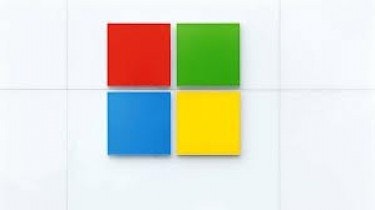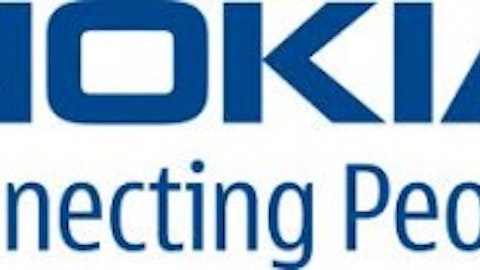Bing has emerged as Microsoft Corporation (NASDAQ:MSFT)’s quiet success story. Over the past three years, the search engine has steadily acquired market share from its rivals and profitability is within sight. Can these gains continue and does Bing represent a credible threat to Google Inc (NASDAQ:GOOG) ?
Bing is taking market share

| U.S. Desktop Market Share | June 2013 | June 2012 | June 2011 |
|---|---|---|---|
| 66.7% | 66.8% | 65,5% | |
| Bing | 17.9% | 15.6% | 14.4% |
| Yahoo! | 11.4% | 13.0% | 15.9% |
| Ask | 2.7% | 3.0% | 2.9% |
| AOL | 1.3% | 1.5% | 1.4% |
Notably, Bing is making significant gains in the mobile space. Three years ago, Google Inc (NASDAQ:GOOG) accounted for 95% of all mobile queries. Today, Yahoo! Inc. (NASDAQ:YHOO) and Bing now account for 11% and 5% of mobile searches respectively.
So can those gains continue?
Investors should expect Bing to take more market share for three reasons.
First, Microsoft Corporation (NASDAQ:MSFT) is improving its position in mobile. According to Kantar Worldpanel, Windows accounted for 4.6% of U.S. smartphone sales during the month of June – up from 3.8% the previous year – cementing the company’s position as a third place mobile player.
Much of this is being driven by the success of Nokia Corporation (ADR) (NYSE:NOK) Lumia. Last week the company reported that it shipped a record 7.2 million handsets during the second quarter. Lumia is rapidly ascending through the hanks up from 8th to 5th place in the global smartphone market. This is all driving increased use of Bing search.
But another unexpected development could boost’s Bing’s mobile presence. In June, Apple Inc. (NASDAQ:AAPL) announced that it would start using Bing as the default search engine for Siri Voice Assistant on iOS7. The move is designed to wean Apple off Google so the company stops funding its main competitor in the mobile space.
This is a great deal for Microsoft Corporation (NASDAQ:MSFT) as the company has little to lose from the partnership with Apple Inc. (NASDAQ:AAPL). I’d expect Bing to gain lots of mobile market share and search revenue, but this time at Google’s expense rather than Yahoo!’s.
Second is Bing’s improving search functionally. Microsoft Corporation (NASDAQ:MSFT) is rapidly catching up to Google in terms of the performance of its search results.
Right now, Google is far and away the best. The company’s Google Now feature comps through your email, calendar, and location, among other things, to remind you when your flight leaves or how long it will take to arrive at your destination. It’s one of those ‘gee wizz’ features that adds to the value of using an Android device, and Google is trying to add it to other parts of its product ecosystem. Microsoft Corporation (NASDAQ:MSFT) offers little in this respect, but the company intends to change that.
In a strategy memo CEO Steve Ballmer describe Bing as an ‘intelligence engine,’ where Microsoft could collect data from the Internet, Outlook, calendar apps, and your location to anticipate peoples’ needs, improve search results and improve their interaction with their devices. Bing Now will be better at anticipating people’s needs through data collected from users and the web. Better results will encourage more users to give Bing a try.





